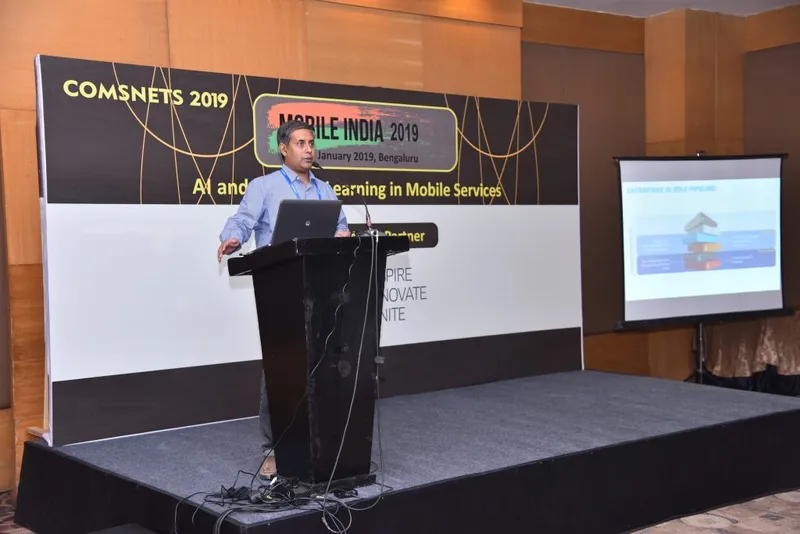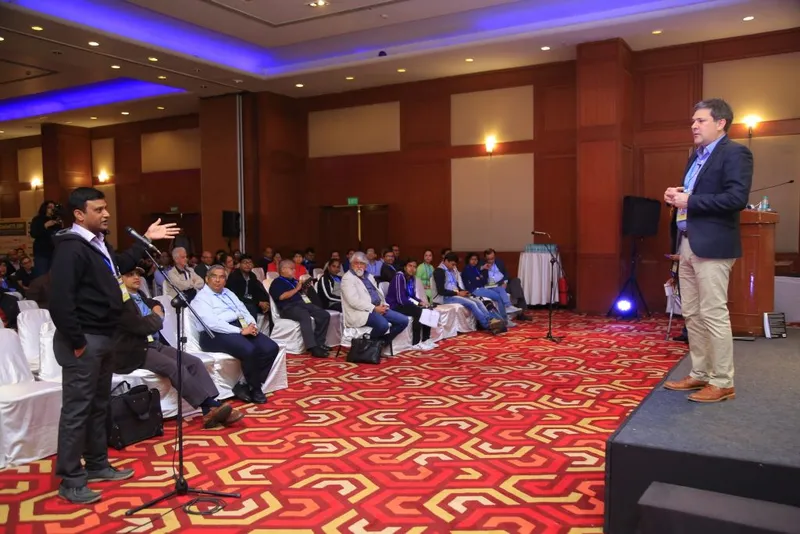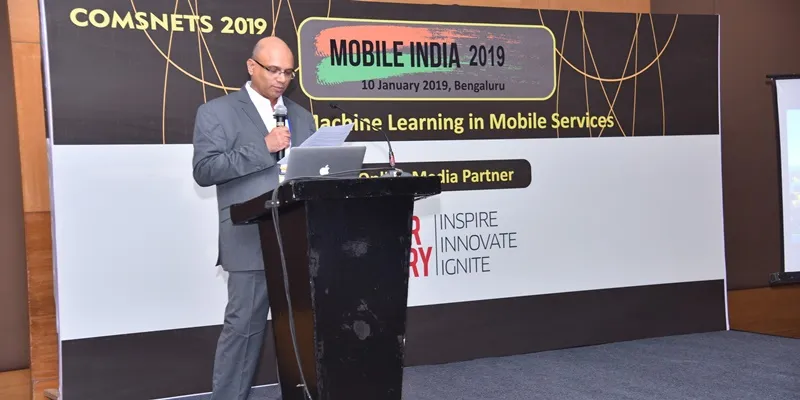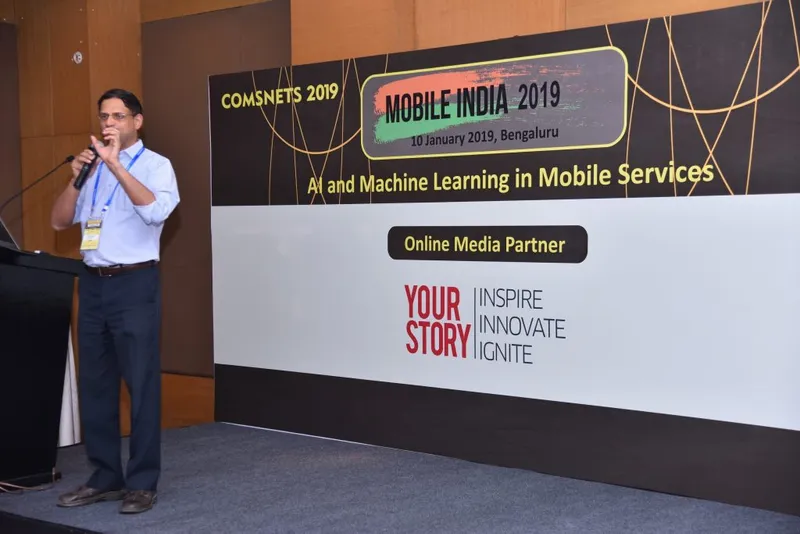9 AI and machine learning takeaways from Mobile India 2019 conference
The eleventh edition of the annual Mobile India conference displayed a wide range of insights on the impacts of AI and emerging tech.

When was the last time startups got to engage a room full of PHDs and technical domain experts? Well, the Mobile India conference offered them just that and much more - including more papers, demos, posters, and Graduate Student forum presentations.
The discussions and deliberations during this year’s Mobile India conference revolved around core issues surrounding artificial intelligence (AI), machine learning (ML) and allied technological advancements, especially in the mobile services space and setting the agenda for mobile disruption in India for 2019.

(Read the preview article of this conference and YourStory’s coverage of the six earlier editions)
Leading Indian startup leaders like Dr Pravin Bhagwat from Mojo Networks, Dr Manish Gupta, Founder of VideoKen, and Sourabh Issar, CEO of CloudSE were there to share their insights, along with corporate leaders like Dr Gautham Shroff of TCS Research, Jan Holler of Ericsson Research, Bhairav Acharya from Facebook, Shubhashis Sengupta from Accenture Labs and Vinutha BM from Wipro, as well as several students and researchers from the country’s premier technological institutions.

Here are some conference learnings that the innovation-led startup community would do well to reflect upon.
- AI and ML should not be used for the sake of it, but when there are ‘fuzzy boundaries’ - applications that vary according to context or conditions. It makes more sense to leverage these technologies when the answer is not a simple ‘Yes/No’.
- Avoid getting into AI if the significance of your application errors are very high and can critically impact outcomes and/or can put people in danger, for instance in the healthcare space.
- Most AI products generally take six months to learn and another six to build but take three or more years to reach a higher percentage of success. Patience is needed to realise objectives.
- While adopting AI, one needs to take into account the nature as well as the volume of the problem to solve. For instance, AI in spam filtering adds more value than in areas where massive training data sets are unavailable.
- With videos accounting for 75 percent of internet traffic, one can expect to see an increase in learning, marketing, entertainment and other communicational content. Applications of AI and ML are increasingly being leveraged here.
- While we are migrating to a world of videos there are still challenges, especially in the unpredictability of networks, hampering video quality and overall viewing experience. Advancements in streaming and newer data speeds are solving these issues.
- High-resolution and real-time video information are being regularly tested by companies like Ericsson, during Nascar racing, in the mining industry, and across industries that are perceived to put humans at higher risk.
- AI, augmented reality (AR), virtual reality (VR), and blockchain has a large number of use-cases in India - right from gaming and training in the social sector to repairing aircrafts and spacecrafts.
Whether it’s Google being able to index 130 trillion pages of the internet by 2016 or Facebook contributing to 900 million in revenue to India last year, along with technological advancements, it’s the mindset of scale that Indian startups will do well to adopt.

To sum up, while there are challenges in communication, complexities in networking, cybersecurity concerns and trust deficit in adopting technologies like AI, there are also several novel companies working to solve them. Such companies can help increase return on time and investments, facilitate knowledge transfer and create jobs of the future. As research student, Arjun Malhotra from IIIT-Delhi puts it, “Humans often underestimate themselves.”
(Disclaimer: The views and opinions expressed in this article are those of the author and do not necessarily reflect the views of YourStory.)







